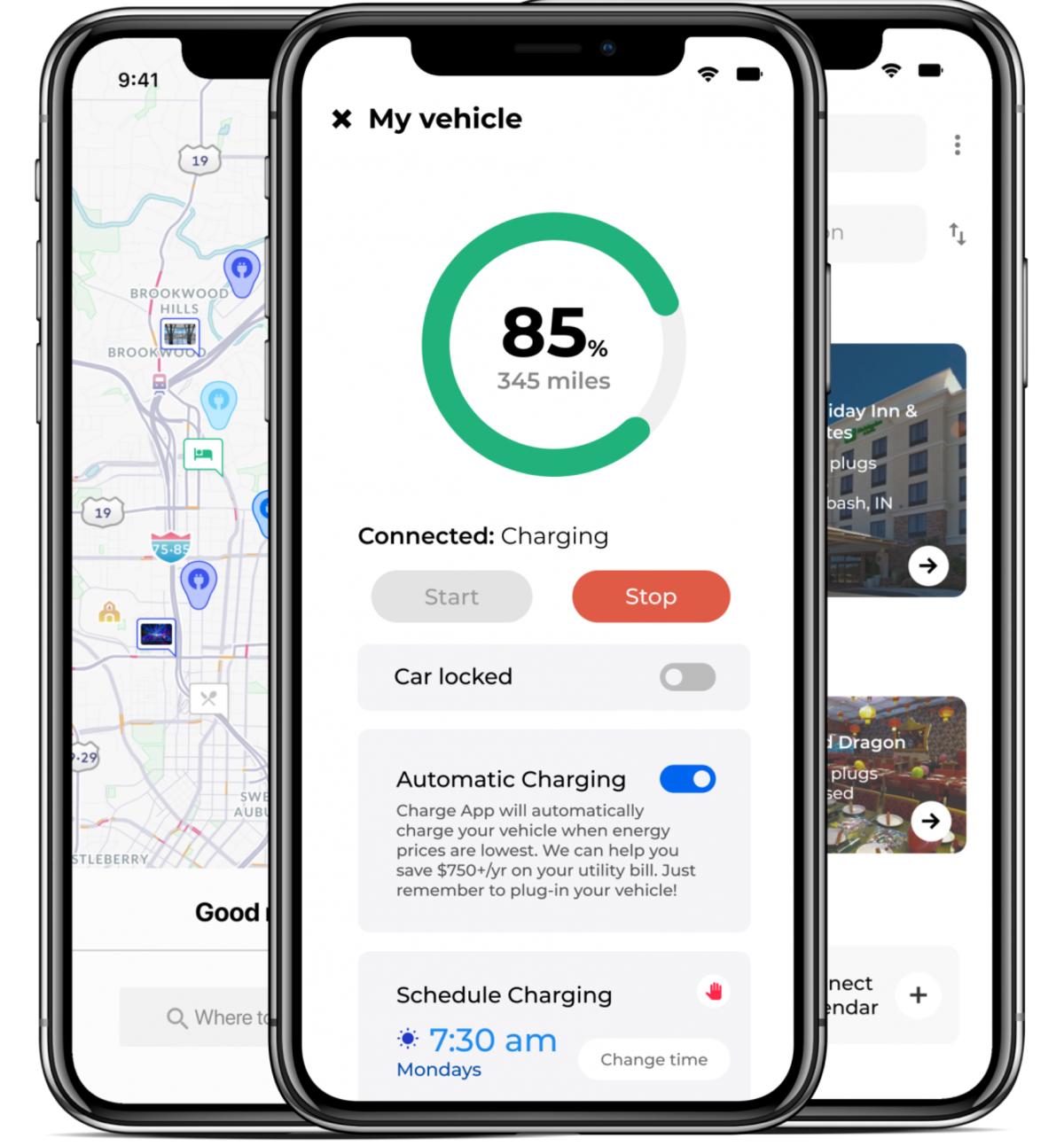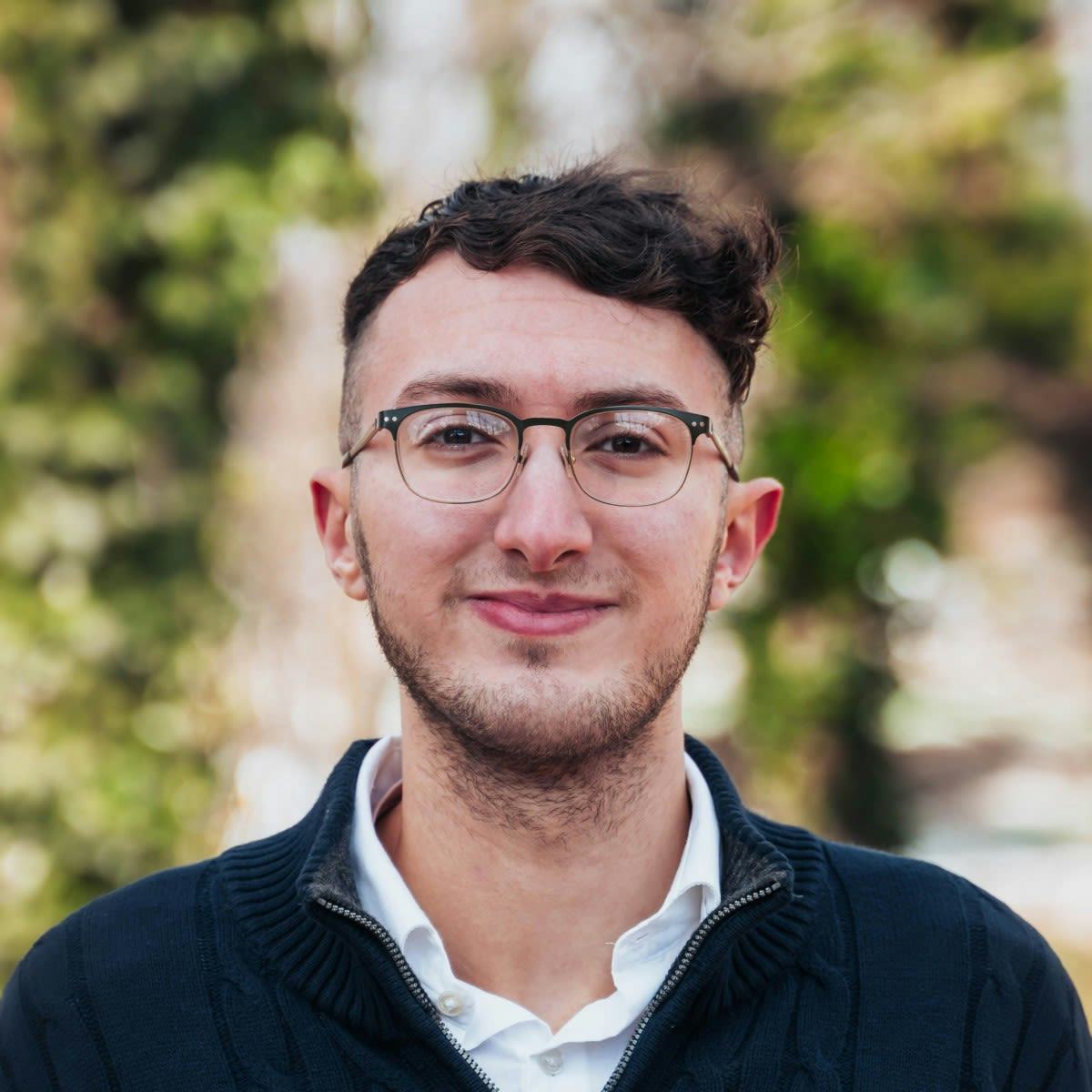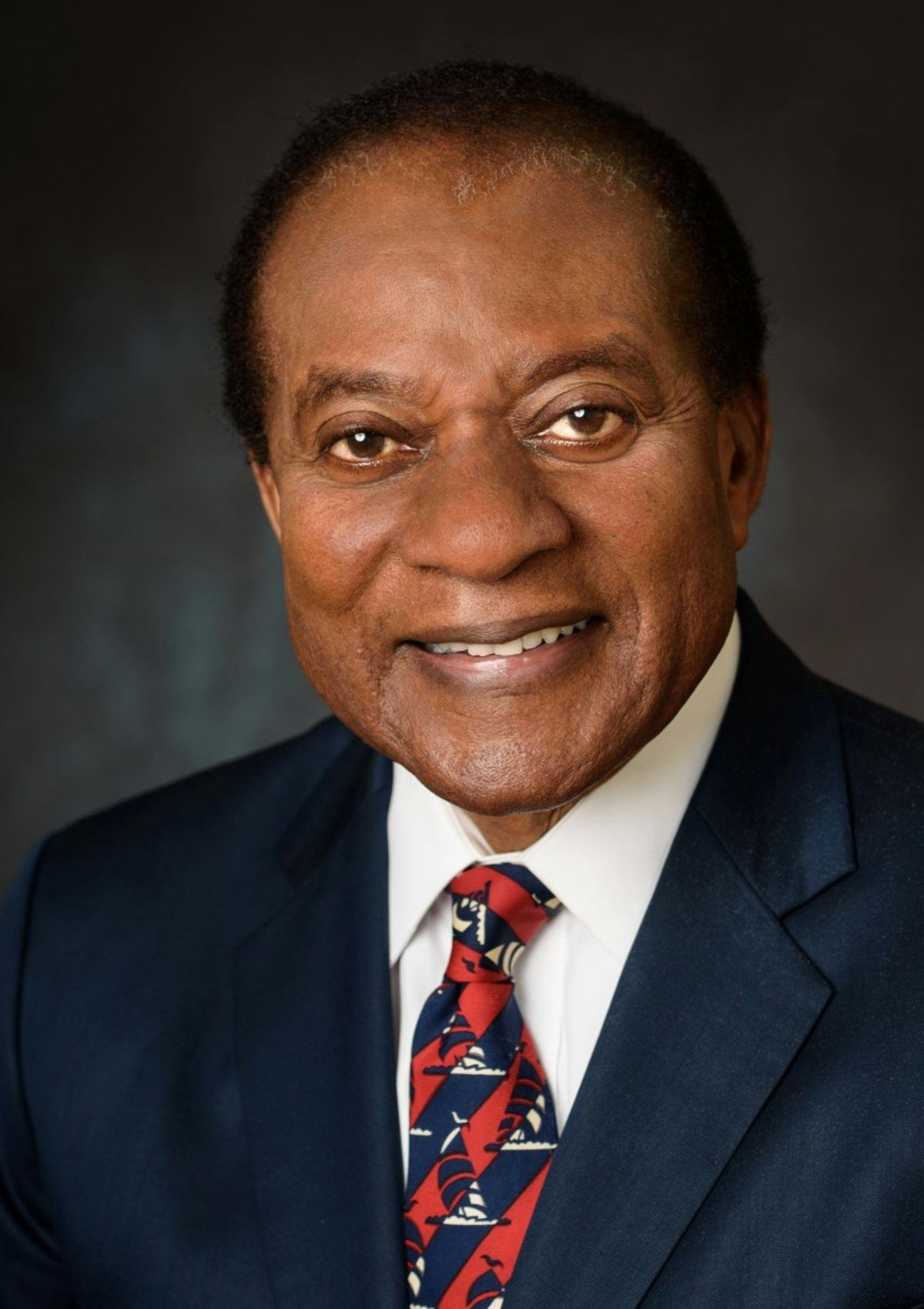Stevens senior develops tech to help EVs recharge more efficiently and more cost-effectively
Growing up in Hudson County, New Jersey, Mohammed Elmzaghi '21 was inspired by iPods, graphic design and the short films he made with his younger brother. His heroes were innovators like Apple co-founder Steve Jobs, British inventor James Dyson — and Nikola Tesla, who famously hoped to make energy free (and freely accessible) to the general public.
He never dreamed he would one day design a mobile application, as a Stevens student, to optimize energy use.
Elmzaghi — a senior majoring in computer engineering, supported in part by the Donald J. Blum 1945 Endowed Scholarship — is the founder of Bauen Energy Technologies and developer of a new Apple-platform application, Bauen Charge App, that enables hybrid and electric vehicle (EV) owners to optimally, automatically recharge their cars both at home and on the road.
Several hundred users have already downloaded the app, which recently added a premium subscription service that further optimizes vehicle charging.
"It feels good to ship a product you once had as an idea," he says, "but it's also scary, because you need to be solving a real peoblem and providing real value to lots of customers or your work will quickly disappear. Nobody wants to ship an app that nobody will use. So the rollout process has been exciting as well as stressful."
Faculty mentorship while solving a challenge
As a rising senior in high school, Elmzaghi participated in Stevens' summer Pre-College biochemistry program for high school students with professor Woo Lee, receiving a stipend from the American Chemical Society's Project SEED — and obtaining valuable lab training and experience.
When the time came to decide a college destination, Stevens won again.
"I knew I wanted to work in technology and the arts," he recalls of his decision to matriculate. "And I wanted to stay close to home. It came down to a few schools, and Stevens not only provided me with the best financial package, but also enabled access to New York City and kept me close to my family."
As a freshman, Elmzaghi then worked in the robotics research laboratory of electrical and computer engineering professor Yi Guo. Later, he spent a year in the university's acclaimed Launchpad program, learning about entrepreneurship from professor Mukund Iyengar.
Later, working with Stevens research scientist and Center for Intelligent Networked Systems (iNetS) Director Victor Lawrence and Deputy Director Dan Udovic to investigate energy grid technologies and improved demand management, Elmzaghi had a flash of insight into the future of EVs.
"Tesla controls more than 75% of the EV market in the U.S. right now," he says, "But that dominance can't continue. The big gainers in the next five to ten years of the market will be all the other manufacturers — the Fords, the Nissans, the Chevys, the Volkswagens."
And while Tesla vehicles come ready-made with optimized charging technologies that are geosynced and frequently updated in real time, auto manufacturers that exist chiefly to build gas-powered vehicles are well behind.
"None of them have solved this software challenge like Tesla has," Elmzaghi explains. "Tesla is on a kind of island. Owners of these other vehicles still need to download something like nine different apps to travel; one for trip planning, one for finding charging stations, one to connect the vehicle, one to interact with charging stations and so forth.
"I decided to fix the user experience by building an all-in-one product."
Professor Lawrence would prove a vital mentor for the young entrepreneur.
"When I first arrived, I wondered if I would find people who have built startups and impacted people in big, positive ways," recalls Elmzaghi. "That is always difficult for any undergraduate student at any university. Meeting Professor Lawrence was amazing: he has done so much in technology and commercialization in his lifetime.
"He made Stevens better for me, as a student trying to start a company. He has been a huge influence helping me to grow, learn more about our faculty, and making connections with Stevens researchers."
Cost-efficient, energy-efficient driving
The Bauen Charge App taps into an EV's native systems, monitoring battery status and beginning control charging when needed, while also accessing maps of roadways, charging stations and even gas stations for hybrid vehicles. (The app is currently only available for iOS devices, via the Apple Store; an Android version may be developed later.)
Crucially, the app brings EV owners the ability to wirelessly schedule charging when energy prices are lowest — important in an era of dynamic pricing models that can charge significantly higher rates at night, after working hours.
In addition to the obvious cost savings, Elmzaghi recognizes his application could also help bring more demand to EVs, which will benefit efforts to cut carbon emissions and slow global climate change.
"Every day, we come across more research about how big this climate change problem is. The actions we are taking as a society, and globally, are simply not enough yet to slow the momentum of climate change and it is deeply concerning."
As he moves forward, Elmzaghi knows he will eventually need to raise capital, market the service and build a community. For now, however, he remains focused on further developing the app, working for example to better connect the service with existing charging network locators and payment systems such as Blink Mobile and SemaConnect.
"I think of myself more so as a designer than a programmer or coder," he concludes. "I think of this as a design problem. I am building a simple, easy-to-use interface and experience to solve a big societal problem.”





